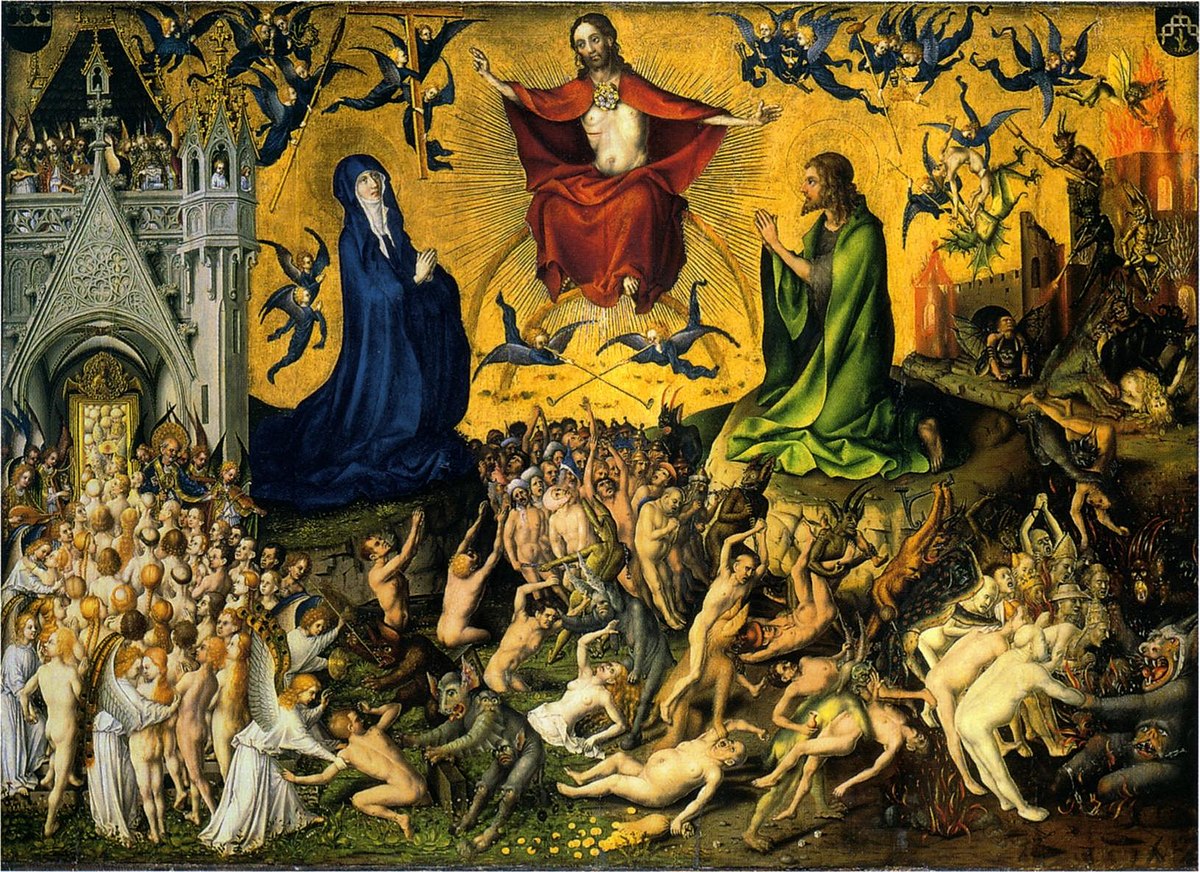A couple of months ago, BleedingFool.com published an article about a blacklist taking shape in the world of comics. This blacklist was the second one to arise in the comics industry in the past couple of years. If you have been a collector of comics at all the past three or four years, you’re probably aware of the first blacklist. It was of artists and writers who were labeled haters of LGBTQ and BIPoC individuals. The essential idea behind the blacklist was allowing such haters to work in comics told LBGTQ and BIPoC artists, writers, and fans they were not welcome in the world of comics.
You could see it as an attempt to avoid creating what HR would term a hostile work environment plus a hostile environment for fans.
This new blacklist is principally of people who were the most vocal advocates of the first one.
It appears their success in driving writers and artists who they decided were haters out of the industry made many of their peers unwilling to work with them. How reluctant were these peers? According to the articles, the peers of the blacklisters started requiring contract clauses that they were not ever to work or interact with the blacklist advocates.
When I say not work with them, the examples included not being physically close to the person in question. How not physically close? The clauses required the individual under contract and the “will not work with” individual to be housed in different hotels when traveling. Not separate hotel rooms, but physically and commercially separate structures.
As you might guess, there is a lot of talk of “karma is a bit” and “couldn’t have happened to a more deserving person” around these clauses and the de facto blacklist they create.
But I realized driving home Saturday these illuminate a particular passage from the Bible.
Matthew 7:1-6, King James Version
The seventh chapter of Matthew, at least the first six verses, is one of the most quoted parts of the Bible. It is trendy among non-Christians wishing to lecture Christians on how they are doing their religion wrong. Such quotation usually stops at Matthew 7:1, which is a shame. For an example of such usage, I recommend this blog post, especially for how the common “never judge” interpretation is incompatible with what comes after.
I said stopping at the first verse is a shame because the real wisdom is not in the first verse but the second.
The judgment you make upon the world is the judgment that will be made upon you by the world. In a way, that is a form of “karma is a bitch”, but it is much more specific. It is a warning of the dangers of hypocrisy and double standards.
The first two verses of Matthew are not an injunction to non-judgment but compassion. Judge, yes, but know that the world will apply the same standard of judgment to you. When you assign a penalty, a crucial part of judging as a process, consider that the exact punishment will come to you.
The world judging as you judged is an easily observed principle in the case of a televangelist caught screwing the flock. We’re happy to join it to see the big moralist fall.
Yet, the advocates of the first blacklist were blind to the fact that the punishment they meted as part of their judgment would be meted against them. While I do not have proof positive they all reject the label Christian, based on their bios, I do not think any consider Christianity a crucial part of their life. I suspect many have quoted Matthew 7:1 against people who do identify as Christian to shut them up if they were commenting negatively on the advocates and their activities. Not their activities here, but in general.
Imagine if they had been quoting verse 2 as well.
I don’t think they’d advocated an unending blacklist for a single instance of something they judged as creating an unwelcome environment. I think they might have said, “what will my potential future coworkers who agree with me judge me as a potential coworker.”
That is why there is wisdom in that second verse. There is wisdom because it recognizes a universal part of the human experience and the best ways to handle ourselves. It does not reject judgment, exposing us to anyone of ill-intent, but it also includes compassion. It consists of the charity to ask, “why did they do this bad thing?” Then we can treat an accident differently from a bad choice. We can also treat the first time someone made a bad choice differently from the tenth. It even provides space to treat the first-time bad choice the minute after it was made differently from a decade after when we have more certainty if they will repeat that choice or not.
If you believe the inclusion of someone will be harmful, make that judgment. Make the case to others so there can be an informed choice to include that individual or not. Just understand that when you advocate excluding someone because they will create fear in the group that you may do the same.
If you decide no matter what, you need to go forward in the most aggressive way possible, do not be surprised that the same fear of the other individual you generated turns into fear of you.


[…] Safety in Judgement 2021-05-17 […]